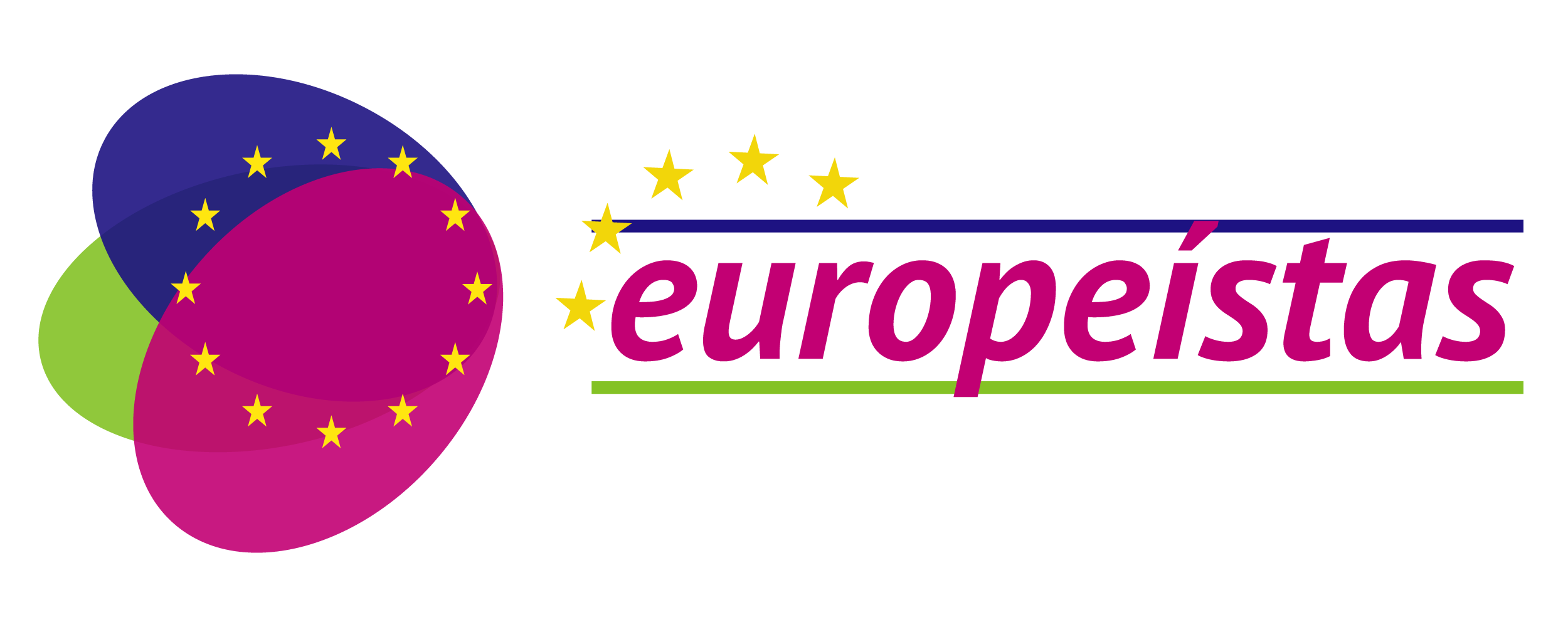Quiz europeo de las lenguas
SUmario del cuestionario
0 de 7 preguntas completado
Preguntas:
- 1
- 2
- 3
- 4
- 5
- 6
- 7
Información
En el Día Europeo de las Lenguas, te invitamos a probar tus conocimientos.
Ya has realizado este cuestionario antes. Por tanto, no puedes empezarlo otra vez.
Cargando el cuestionario...
Debes ser un usuario registrado para poder realizar el cuestionario.
Tienes que terminar antes el siguiente cuestionario, para iniciar este cuestionario:
Resultados
0 de 7 preguntas contestadas correctamente
Tu tiempo:
El tiempo se ha terminado
Has conseguido 0 de 0 puntos posibles (0)
| Puntuación de promedio: |
|
| Tu puntuación |
|
Categorías
- No asignada a ninguna categoría 0%
-
Gracias por participar. Desde Europeístas, te deseamos un muy feliz Día Europeo de las Lenguas. Para conocer todo el programa de actividades de hoy y el porqué de este Día Europeo de las Lenguas, puedes visitar la página de la Comisión.
(Europeístas es una asociación independiente sin ánimo de lucro. Para conocernos mejor, nuestras bases y andanzas, te invitamos a explorar esta misma página).
| Posición | Nombre | Realizado el | Puntos | Resultado |
|---|---|---|---|---|
| La tabla se está cargando | ||||
| No hay datos disponibles | ||||
- 1
- 2
- 3
- 4
- 5
- 6
- 7
- Contestada
- Revisada
-
Pregunta 1 de 7
1. Pregunta
1 puntos¿QUÉ LENGUA ES? / DO YOU RECOGNIZE THE LANGUAGE?
Escribe tu respuesta en el recuadro de abajo / Write your answer below
Correcto
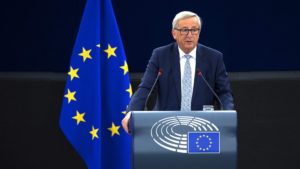
Sí, es Jean-Claude Juncker, Presidente de la Comisión Europea, en un extracto de un discurso sobre el estado de la UE, donde habló inglés, francés y alemán. Él es de Luxemburgo.
Yes! It´s Jean-Claude Juncker, President of the European Comission during his speech about the future of the EE, where he spoke English, French and German. He comes from Luxemburg.
Incorrecto

Noooo, fallaste. Pero para la próxima vez que lo intentes, te damos una pista: es uno de los tres idiomas que usó Juncker, presidente de la Comisión Europea, para hablar del futuro de Europa en el SOTEU de 2017.
Wrong… For the next time you try, remember that it´s one of the three languages that Juncker used during his speech about the future of Europe, SOTEU 2017.
-
Pregunta 2 de 7
2. Pregunta
1 puntos¿SABES CUÁNTAS LENGUAS OFICIALES Y DE TRABAJO TIENE LA UNIÓN EUROPEA? /
DO YOU KNOW HOW MANY OFFICIAL WORKING LANGUAGES THERE ARE IN THE EU?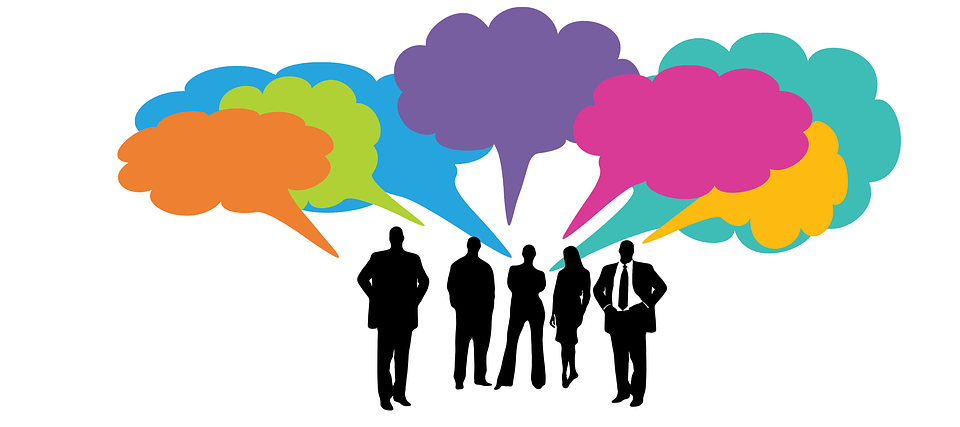 Correcto
Correcto
¡Sí, exacto!
Según la primera política lingüística oficial de la entonces llamada Comunidad Europea, eran cuatro las lenguas oficiales de trabajo. Desde entonces, el número de lenguas oficiales ha ido aumentando a medida que se incorporaban nuevos países. Aún así, hay menos lenguas oficiales que Estados miembros: algunos comparten las mismas.
Yes, indeed!
The first official language policy of what was then the European Community identified only four official working languages of the EU. Since then, as more countries have become part of the EU, the number of official and working languages has increased. However, there are fewer official languages than Member States, as some share common languages.
Incorrecto
Fallaste
Pista: son menos lenguas oficiales que Estados miembros, algunos comparten las mismas.
Wrong!
Hint: there are fewer official languages than Member States, as some share common languages.
-
Pregunta 3 de 7
3. Pregunta
1 puntos¿QUÉ LENGUA ES? / DO YOU RECOGNIZE THE LANGUAGE?
Escribe tu respuesta en el recuadro de abajo / Write your answer below
Correcto
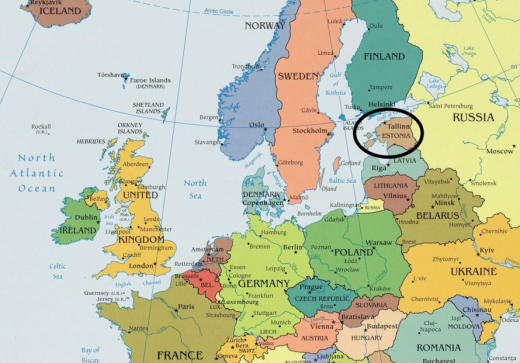
Sí, es estonio, y quien habla es Yana Toom, una de los seis eurodiputados de Estonia, país que asumió la presidencia de turno del Consejo de la UE desde julio de 2017 hasta diciembre de 2017.
Yes! It´s Estonian and the speaker is Yana Toom, one of the six MEPs from Estonia, country that took over the rotating presidency of the Council of the EU from July to December 2017.
Incorrecto
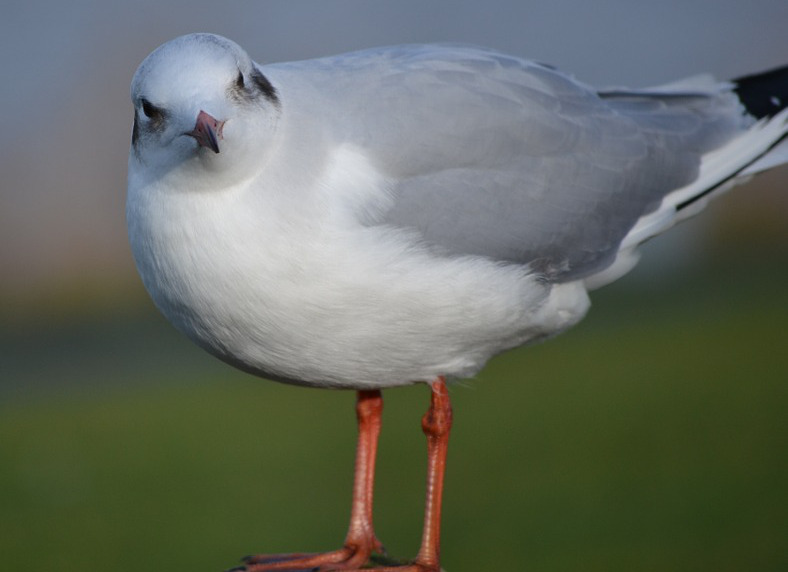 Noooo. Una pista para la próxima vez que hagas el quiz: el idioma es el de un país que ha asumido la presidencia de turno del Consejo de la UE desde julio de 2017 hasta diciembre de 2017.
Noooo. Una pista para la próxima vez que hagas el quiz: el idioma es el de un país que ha asumido la presidencia de turno del Consejo de la UE desde julio de 2017 hasta diciembre de 2017.Wrong… But you may try again next time. Hint: it’s the language of the country that took over the rotating presidency of the Council of the EU from July to December 2017.
-
Pregunta 4 de 7
4. Pregunta
1 puntos¿QUÉ LENGUA ES? / DO YOU RECOGNIZE THE LANGUAGE?
Escribe tu respuesta en el recuadro de abajo / Write your answer below
Correcto
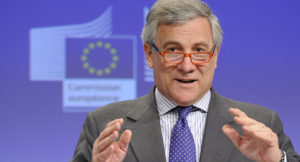
Sí, es italiano, y fueron las palabras de Antonio Tajani, Presidente del Parlamento Europeo, durante las celebraciones de los 60 años del Tratado de Roma, el 25 de marzo de 2017.
Yes! It´s Italian, and these are the words of Antonio Tajani, President of the European Parliament, during the celebration of the 6oth aniversary of the Treaty of Rome, on 25 March 2017.
Incorrecto

Noooo. Pero para la próxima vez que lo intentes, recuerda que son palabras de Antonio Tajani, Presidente del Parlamento Europeo, durante las celebraciones de los 60 años del Tratado de Roma, el 25 de marzo de 2017.
Wrong… But for the next time you try, remeber that these are the words of Antonio Tajani, President of the European Parliament, during the celebration of the 6oth aniversary of the Treaty of Rome, on 25 March 2017.
-
Pregunta 5 de 7
5. Pregunta
1 puntos¿QUÉ LENGUA ES? / DO YOU RECOGNIZE THE LANGUAGE?
Escribe tu respuesta en el recuadro de abajo / Write your answer below
Correcto
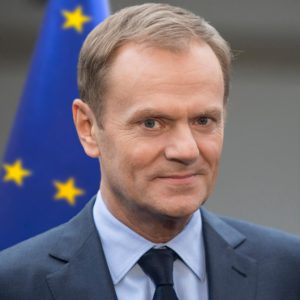
Sí, es polaco, la lengua materna del actual Presidente del Consejo Europeo, Donald Tusk.
Yes! It´s Polish, mother tongue of the current President of the European Council, Donald Tusk.
Incorrecto

Noooo. Para la próxima vez, ten en cuenta que es la lengua materna del actual Presidente del Consejo Europeo, Donald Tusk.
Wrong… For the next time, remember it’s the mother tongue of the current President of the European Council, Donald Tusk.
-
Pregunta 6 de 7
6. Pregunta
1 puntos¿SABRÍAS PONER CADA LENGUA EN UN PAÍS DONDE SEA OFICIAL? /
COULD YOU MOVE EACH LANGUAGE CLOSE TO A COUNTRY WHERE IT IS OFFICIAL?Ordenar elementos
- Alemán / German
- Alemán / German
- Francés / French
- Letón / Latvian
- Neerlandés / Dutch
- Francés / French
- Inglés / English
- Magiar / Magyar
-
Austria
-
Alemania / Germany
-
Luxemburgo / Luxemburg
-
Letonia / Latvia
-
Países Bajos / The Netherlands
-
Bélgica / Belgium
-
Malta
-
Hungría / Hungary
Correcto
¡MUY BIEN!
YES!
Incorrecto
Fallaste… A la próxima
Wrong… Maybe next time
-
Pregunta 7 de 7
7. Pregunta
1 puntosMARCA LAS 4 LENGUAS OFICIALES DE TRABAJO SEGÚN LA PRIMERA POLÍTICA LINGÜÍSTICA DE LA UE /
CHECK THE 4 OFFICIAL WORKING LANGUAGES ACORDING TO THE FIRST EU LANGAUGE POLICY
 Correcto
Correcto
¡Sí, exacto!
Según la primera política lingüística oficial de la entonces llamada Comunidad Europea, eran cuatro las lenguas oficiales de trabajo eran el neerlandés, el francés, el alemán y el italiano.
Yes, indeed!
The first official language policy of what was then the European Community identified only Dutch, French, German, and Italian as the official working languages of the EU.
Incorrecto
Fallaste
Wrong!
